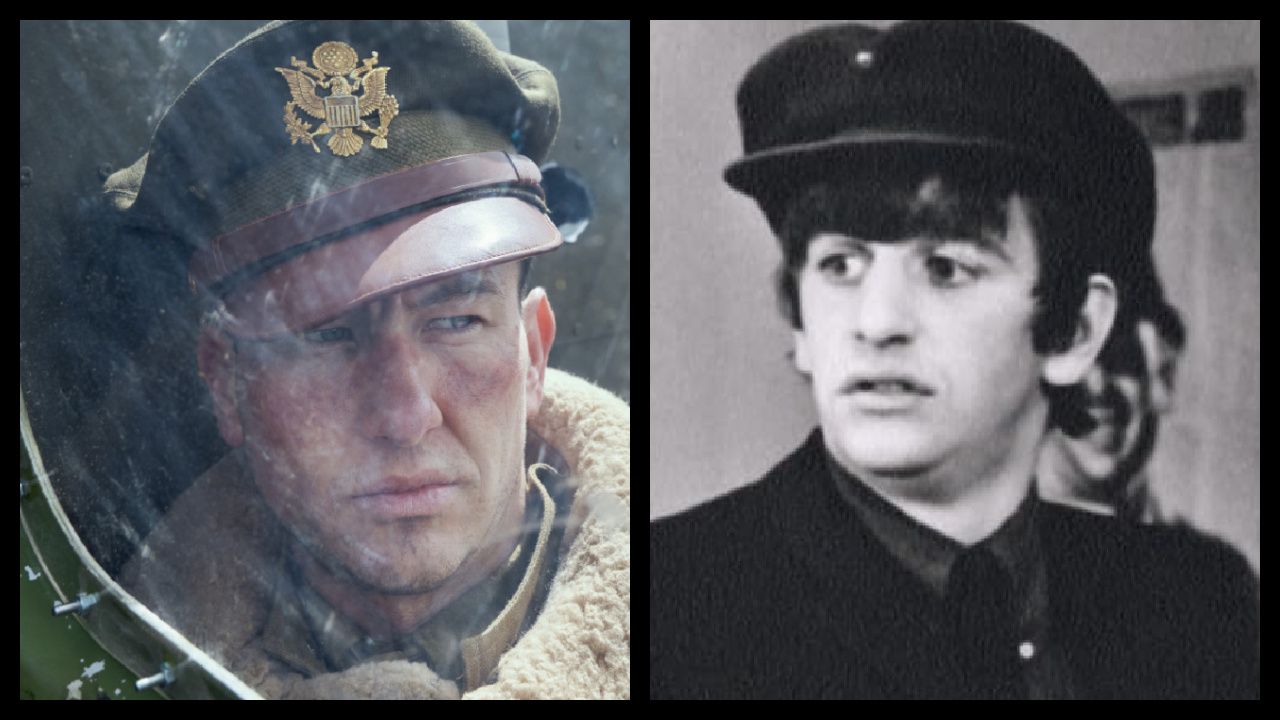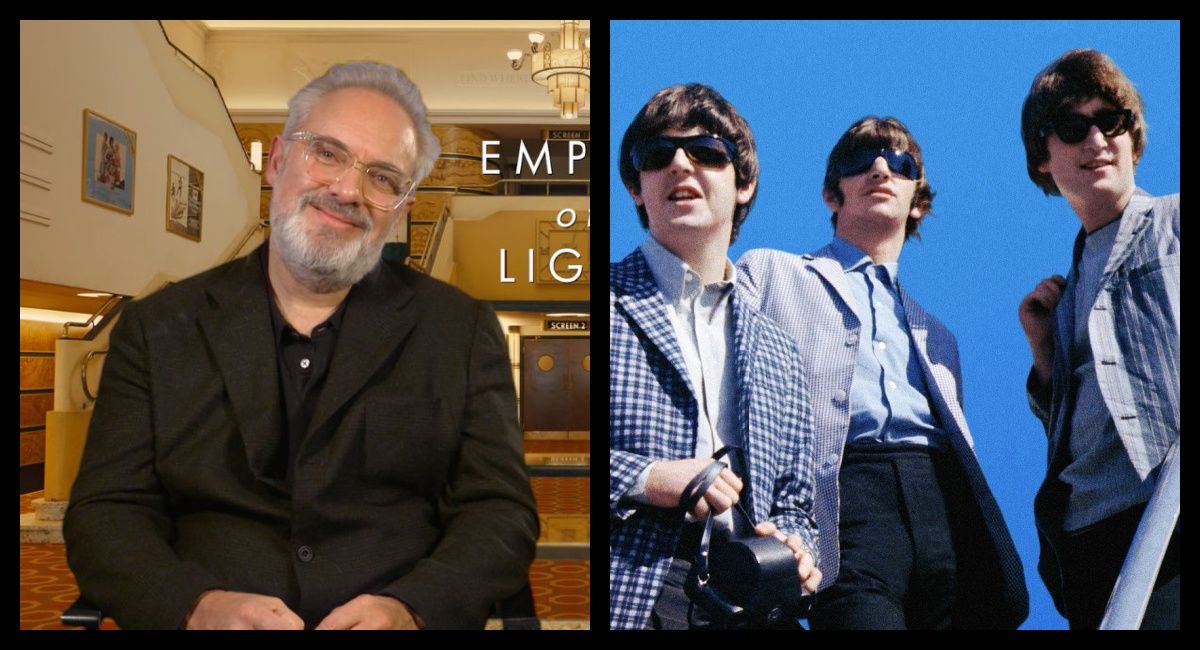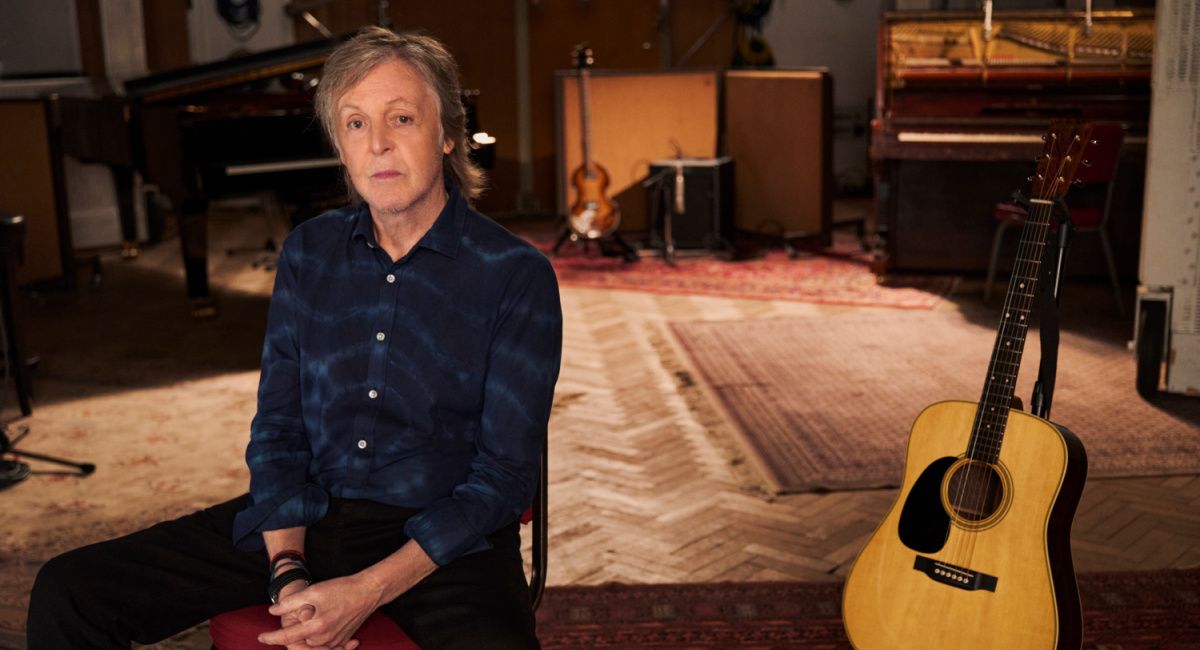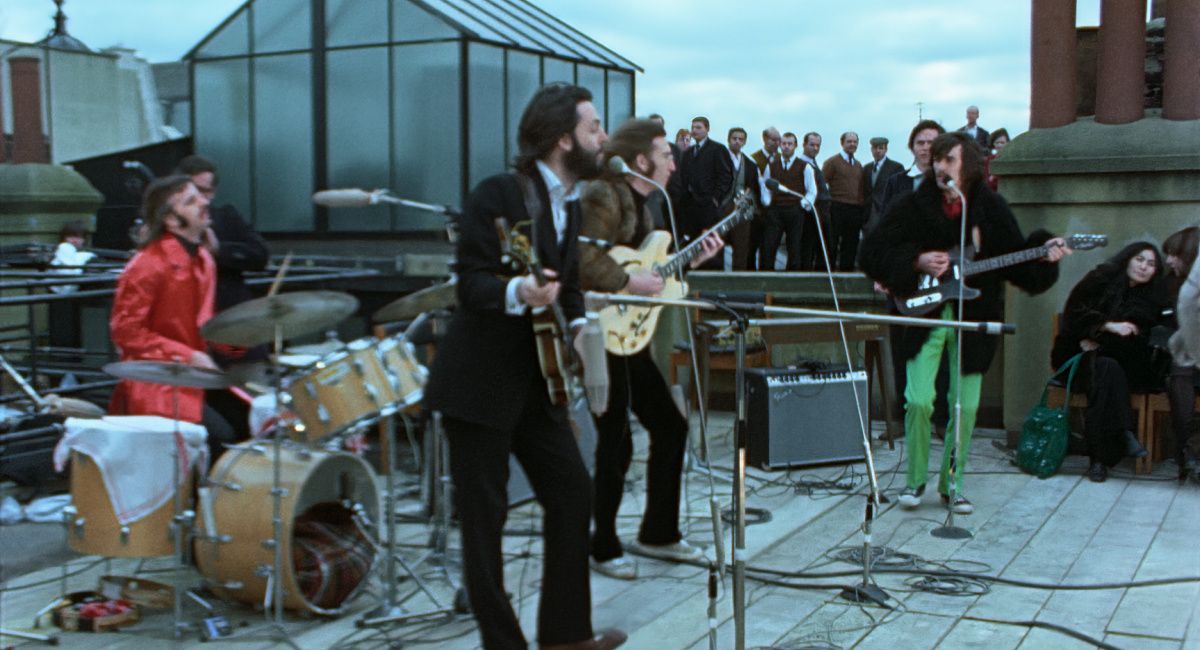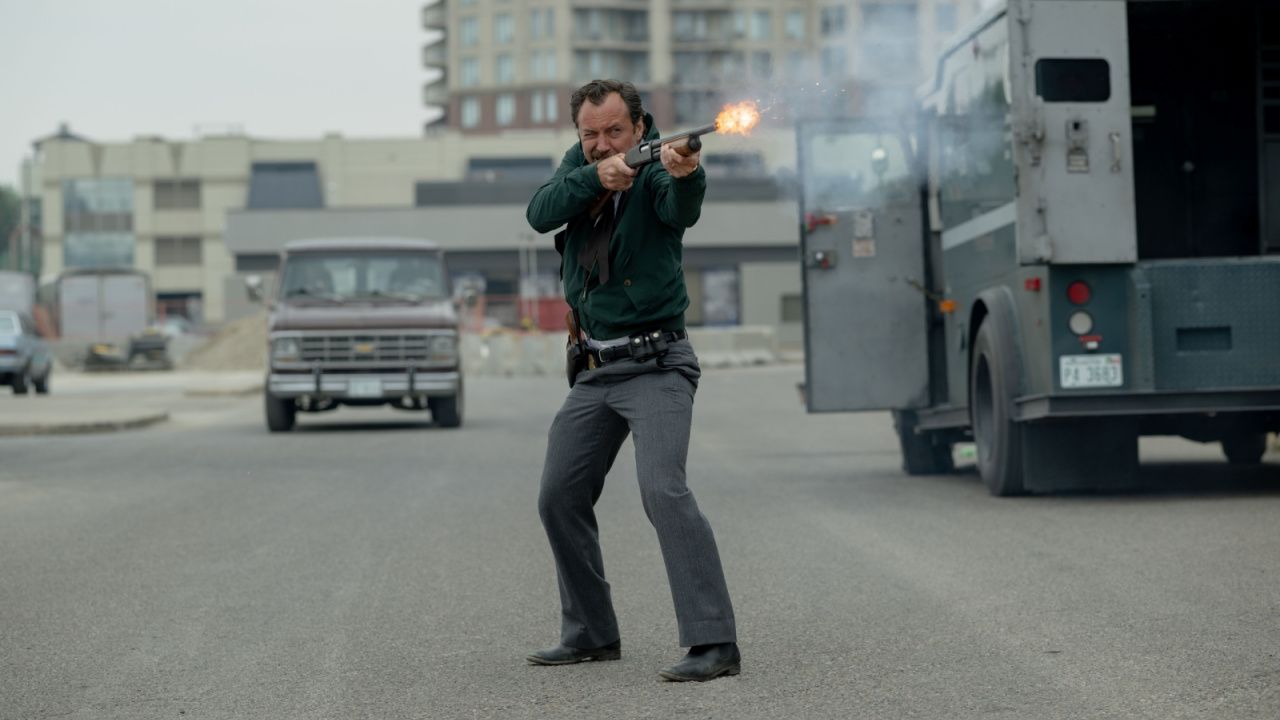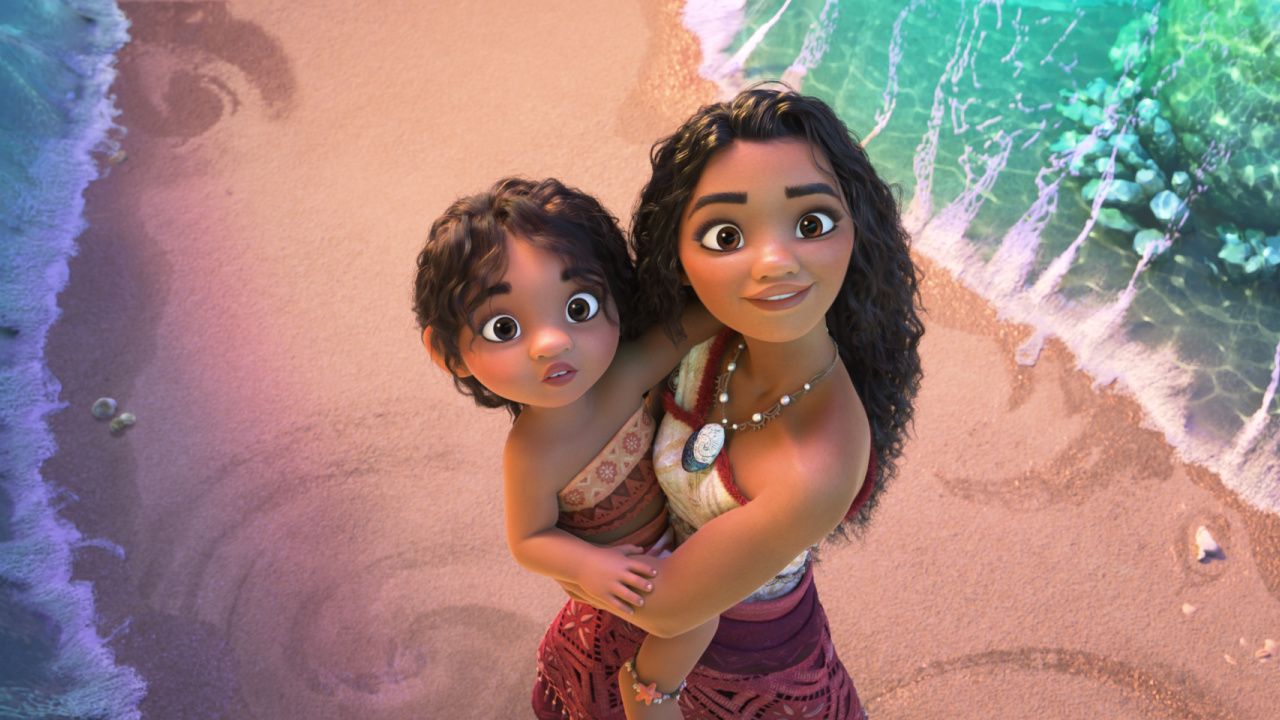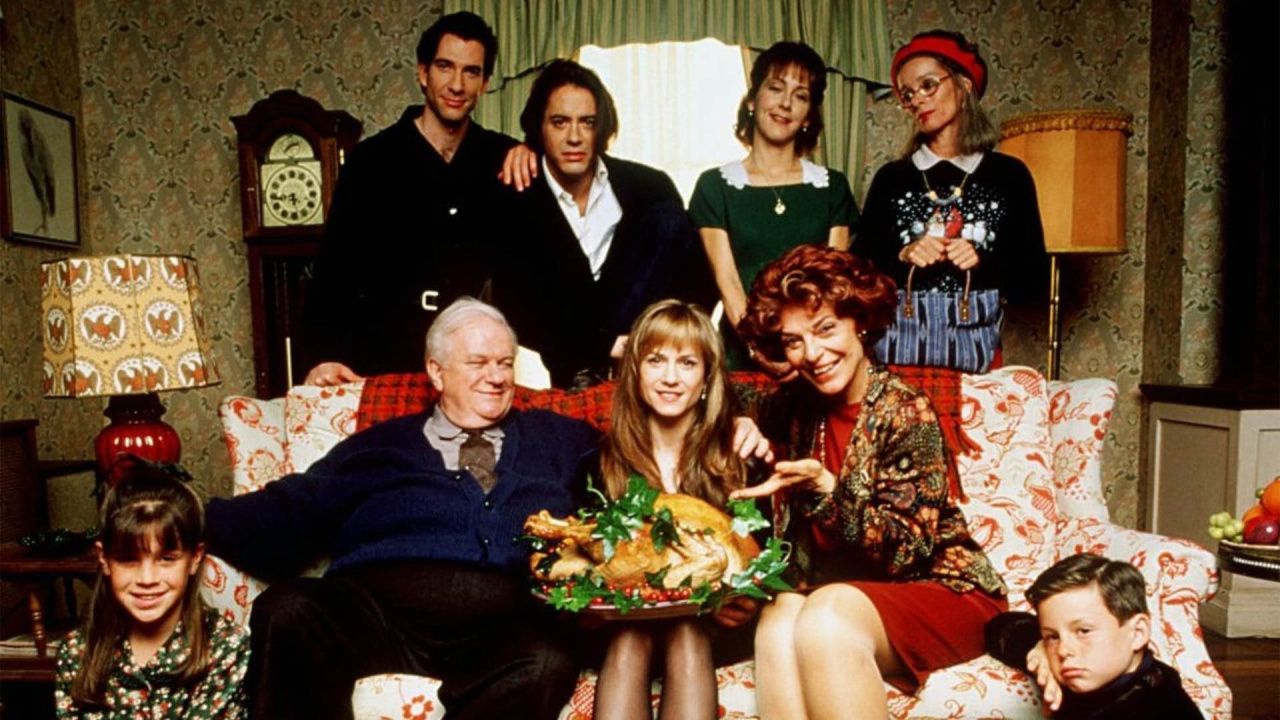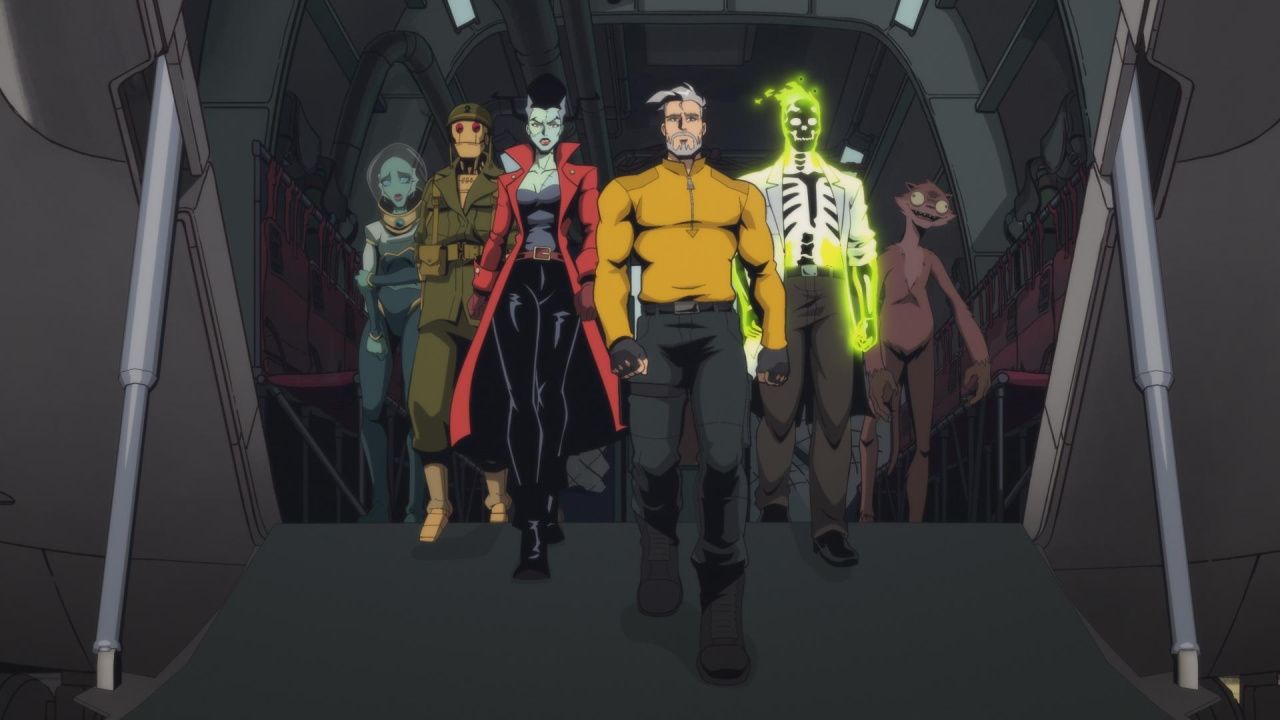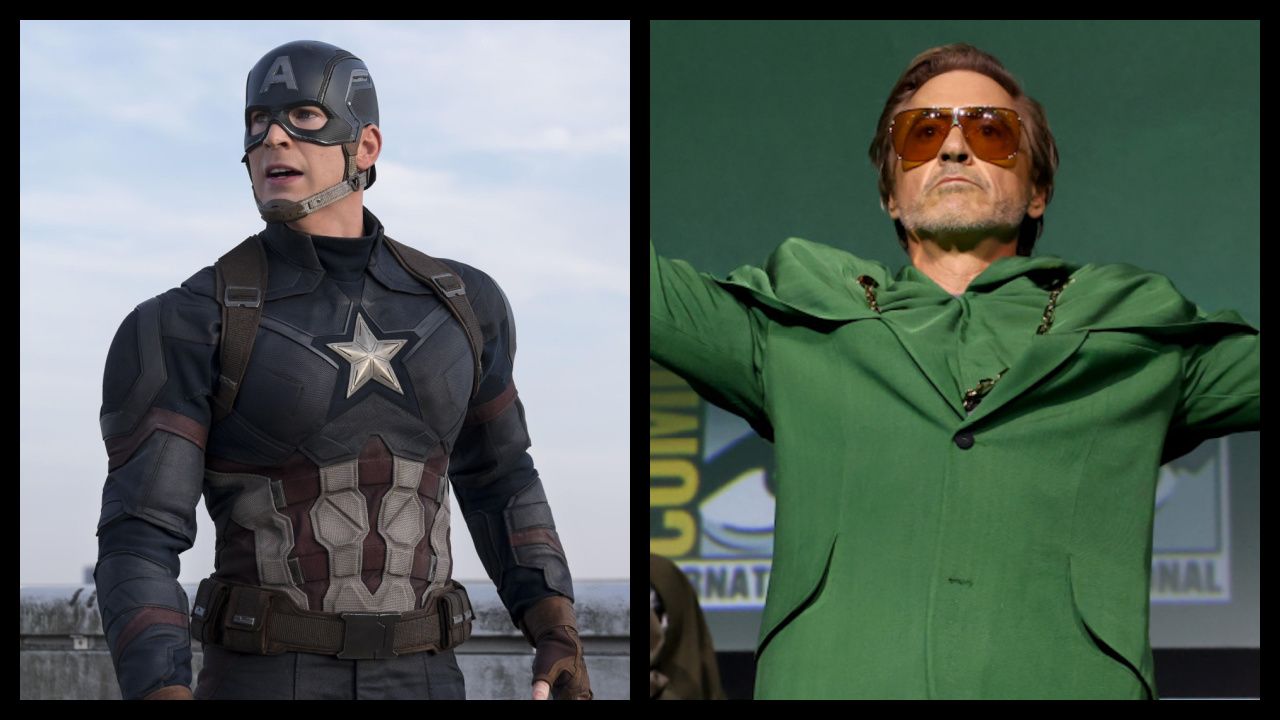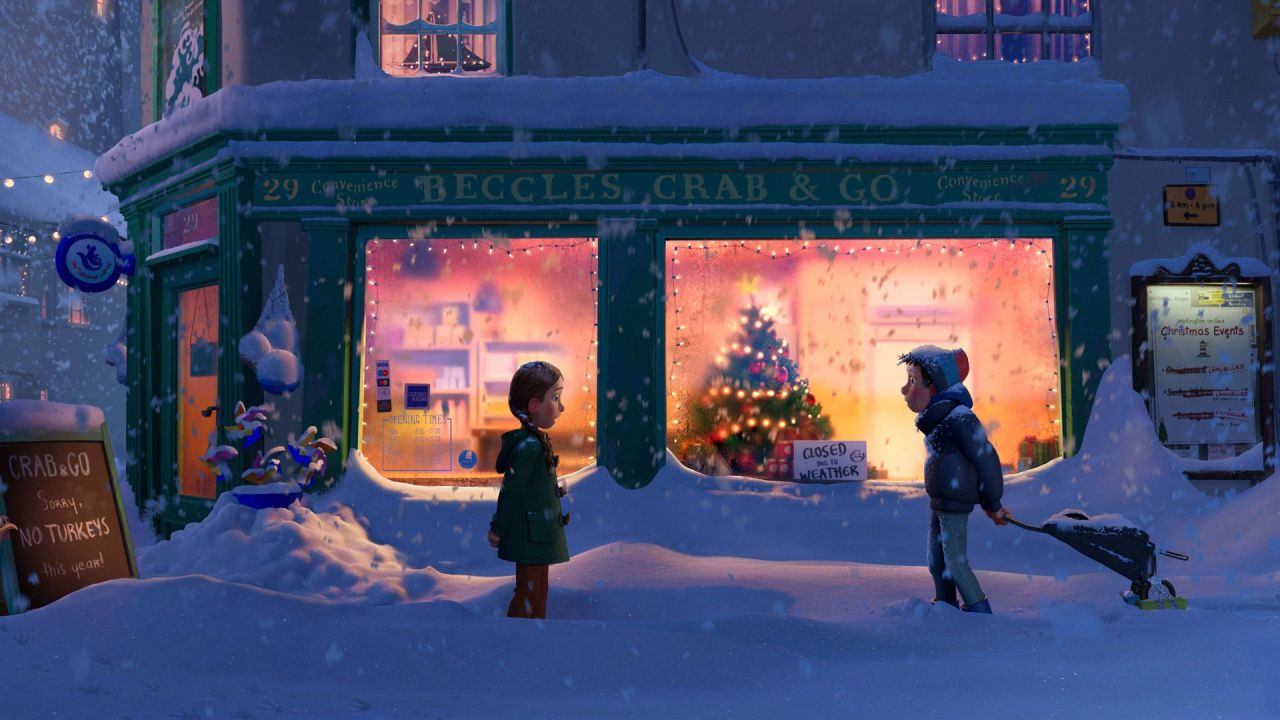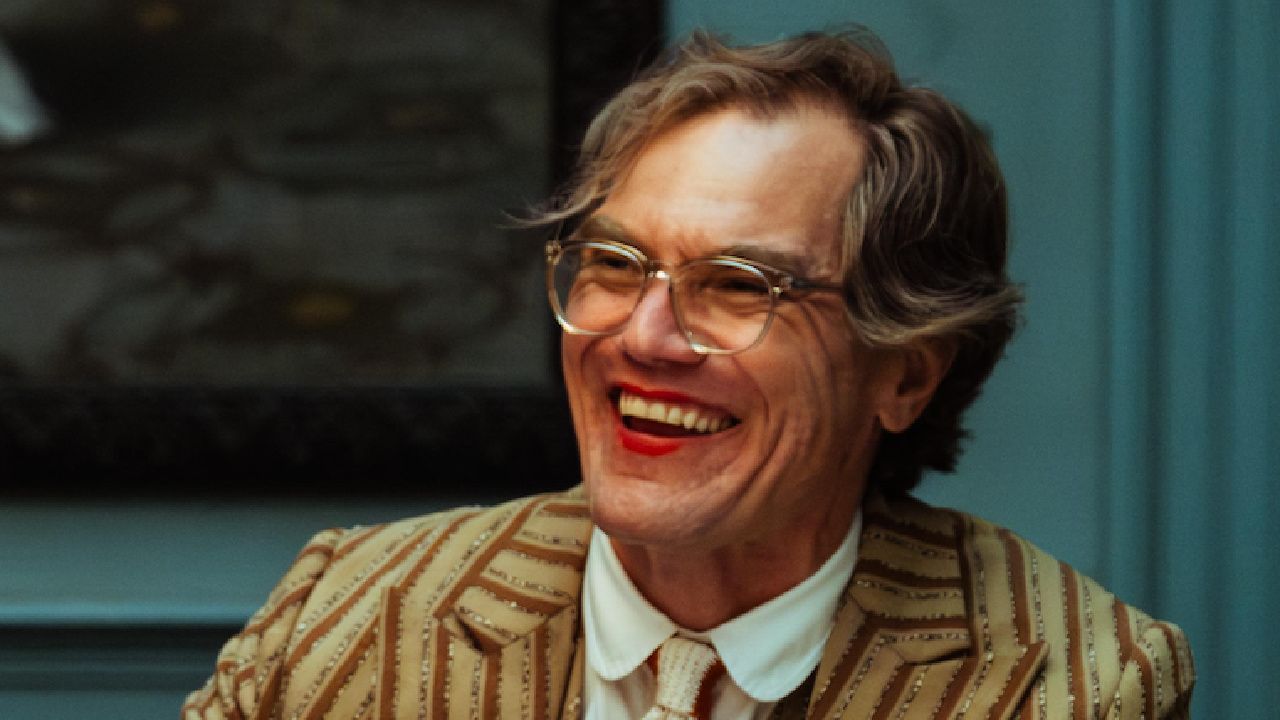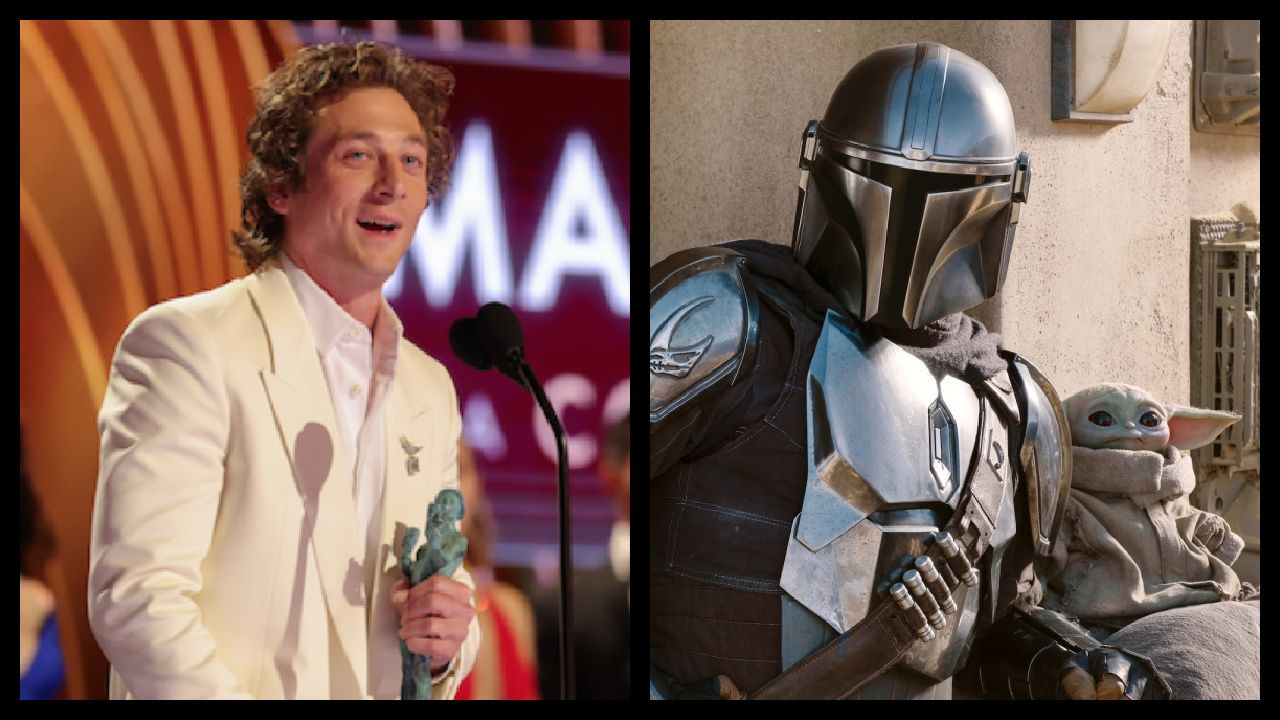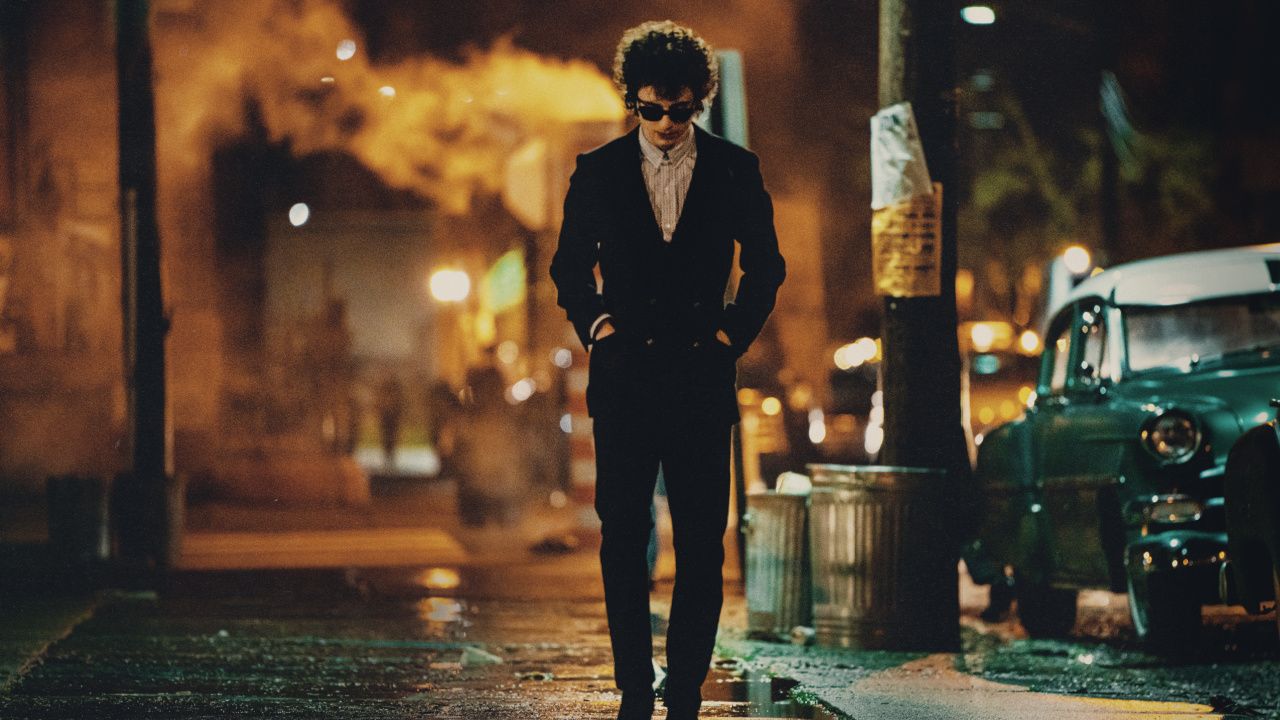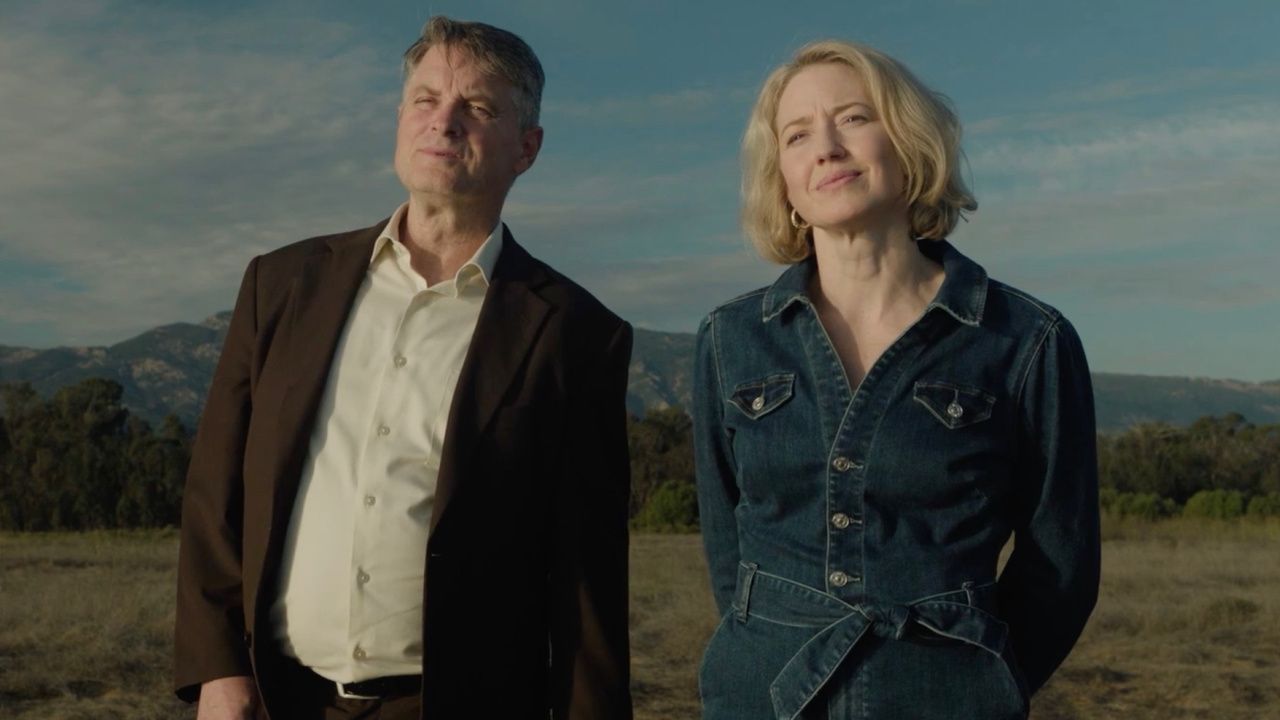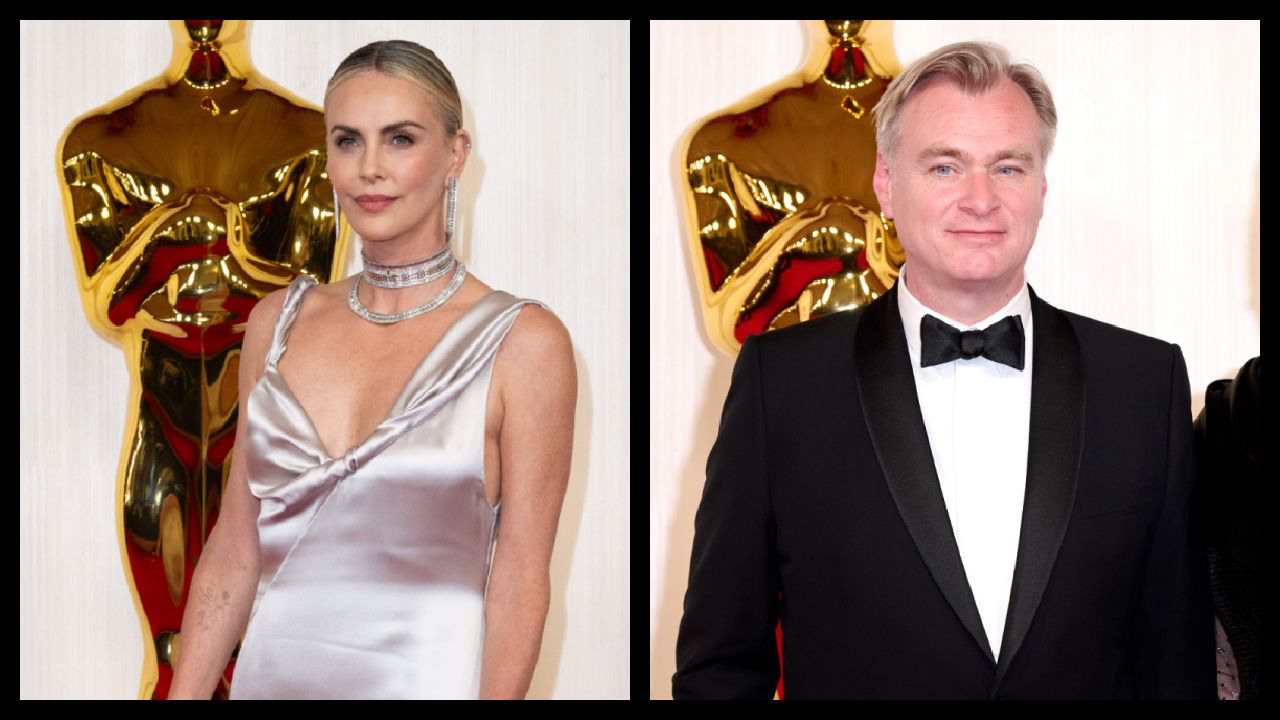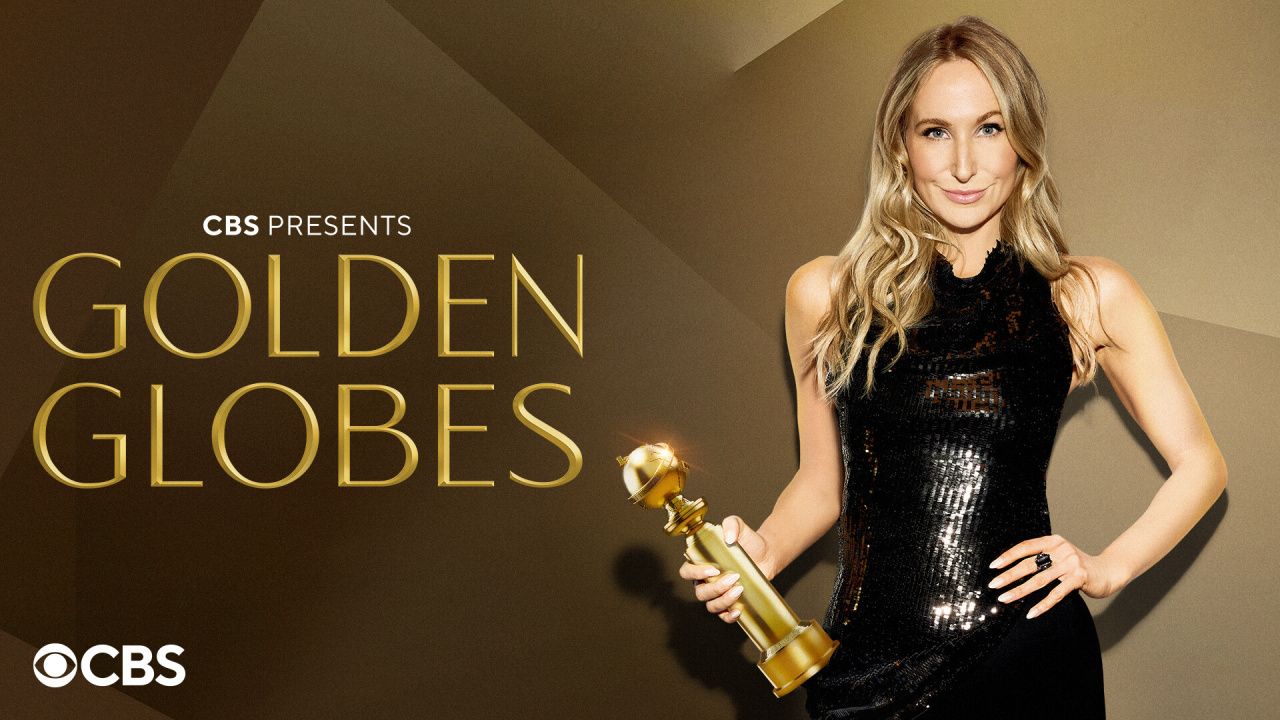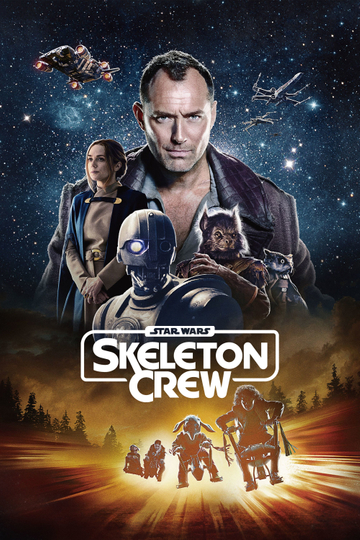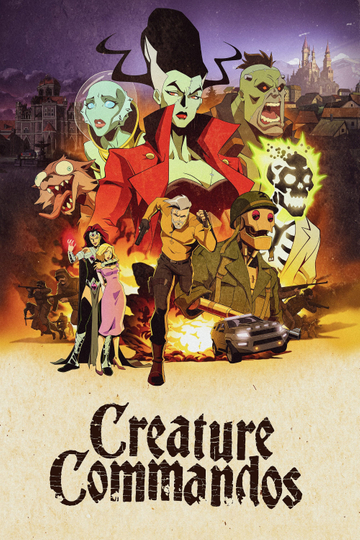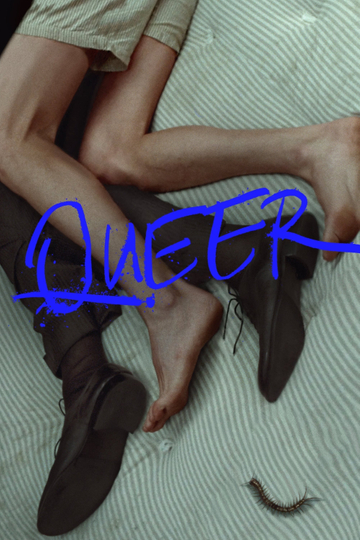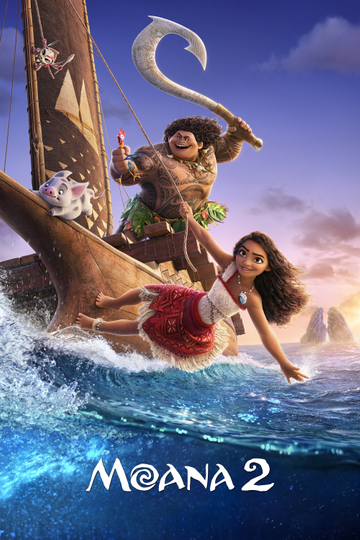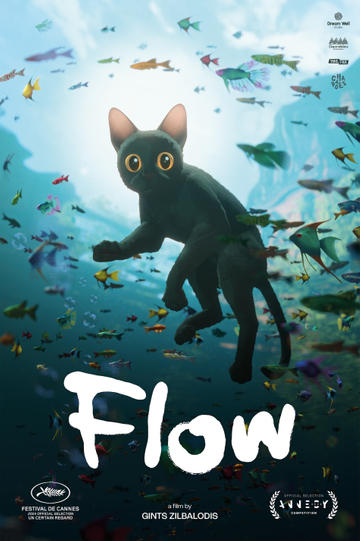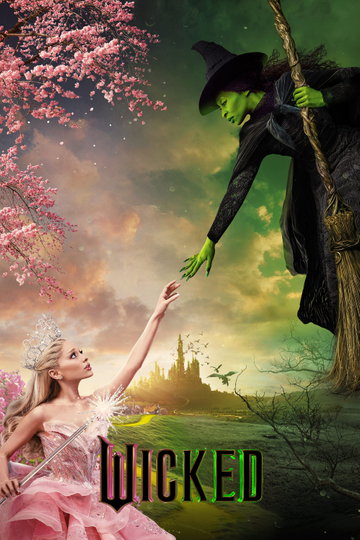'Yesterday' Director Danny Boyle on Whether or Not Oasis Exist in His Post-Beatles Universe
If you thought that the only place to catch decent romantic comedies this summer was on Netflix, you are sorely mistaken. “Yesterday,” the greatest (and most swoon-worthy) romantic comedy of the year is set to open this weekend and, please, go see it on the biggest screen possible and with the best sound system available. Trust me. This movie is magical.
The premise behind “Yesterday” is utterly delicious; it follows struggling songwriter Jack (Himesh Patel) who, following a worldwide blackout, is the only person on earth who remembers The Beatles. It puts him in a sticky situation, as he ascends to stardom based on music that he didn’t actually write and struggles to articulate his feelings to his longtime BFF/manager (Lily James). It’s all hilarious and sweet and charming and wrapped up in such a wonderfully weird concept that it’s virtually impossible not to fall in love with the film.
And the man orchestrating this high concept carnival is Danny Boyle, the Oscar-winning director behind “Slumdog Millionaire,” “Trainspotting,” “28 Days Later” and “Steve Jobs.” His first proper romantic comedy since 1997’s bizarre “A Life Less Ordinary,” he throws all of the stylization and verve that you’d expect from one of the most expressive filmmakers of his generation, elevating “Yesterday” to an aesthetic level completely apart from its contemporaries.
We were lucky enough to chat with Boyle from the movie’s Liverpool junket and we talked about the quandary of Oasis in the film, how hard it was to secure the rights to nearly 20 Beatles songs, and what happened to his James Bond movie.
Moviefone: If the Beatles don’t exist and by extension Oasis doesn’t exist, what song did Jack sing to win Ellie’s heart all those years ago?
Danny Boyle: It’s “Wonderwall.” When they disappear, it’s instantaneous. So they existed in the past in everyone’s lives and that’s what Oasis did. He sang “Wonderwall.” This is why it’s slightly insulting to Oasis but it’s also a compliment to them as well, because it’s a key song in his life. When he wakes up and thinks, Oh I’ve got to find her, he’s the only one that, obviously nobody else would remember it. And if he brought it up, she wouldn’t remember it, because they do exist until the lights went out and the bicycle accident happened. So they do exist in the past but not anymore in anybody’s memory except for his.
It’s a slight insult to Oasis but also a compliment to them as well. And Noel has admitted many times the influence the Beatles were upon him and funnily enough when we were making the film Ed Sheeran said, “Listen, they’re the crucible from which everything comes.” So certainly in terms of British bands and songwriters, we’re all indebted to them, whether we admit it or not. From the man himself.
How much of this world did you and Richard Curtis map out? Do you know how much has changed or what is different?
I think it’s a different project if you try and literally map it out. It’s an abyss that you can really go into, if you want, but you’ll spend a lot of time in there try and working it out. But obviously it was part of a double helix. That’s one part of the story and the rest of the story is the love affair between his ever-loyal, persistent best friend and manager and his lack of recognition of that – where his heart should truly respond. So we spent more time on that than working out, because it’d more of a sci-fi working out what was going on, which would be a fascinating experiment but it’d take a lot of time to cover what the world would be like if you did not have them and what would happen.
And we tried to cover that because the Rolling Stones still exist, so you think, Well, it’s not like all popular music has disappeared. There’s movements they led, which is really counter-culture and the ascendance of pop culture and youth in society, the need to listen to young people and their tastes and self-expression and pleasure, rather than duty and job and church and career and all of the things that had been in place before then. This new belief system, which is pop culture, would have still been in safe hands because of the Rolling Stones were even more preeminent in reality. But it’s impossible to work out. It would drive you mad. Because also they did exist until the moment they disappeared, so of course everything would have happened but everybody’s forgotten it. It’s like a nightmare.
Speaking of things that went away, Ana de Armas was cast in this movie and even appeared in one of the trailers but she’s not in the movie. Can you talk about what happened and what role she played?
It’s a great tragedy. So there’s an extended sequence, it’s actually on the James Corden show, and in the movie it’s a nightmare he has where he’s called out by Paul and Ringo. But there was a previous scene, just before that, on the Corden show for real, where he meets this actress played by Ana de Armas. She loves his work. And he writes a song for her on the show because Corden says to him, “You came up with ‘The Long and Winding Road’ in ten minutes, write us a song now.” So he does “Something,” the George Harrison song, and it’s a huge hit and she falls in love with him. It’s a wonderful sequence and it’ll be on the DVD extras. It’s very funny and she’s an amazing actress.
But when we put it in the film, it was clear that we’d made a mistake in the choice of song. Because what we did very carefully through all the 15 songs, so you wouldn’t tire of them, is measure them so that they both compliment each other and there was contrasting one following another. And that felt like a repetition. When you watched it alone, it was fantastic, but when you put it in the film, it felt repetitive. So we sadly decided to take it out and I had the job of writing to Ana and telling her, “I’m so sorry.” She did a wonderful job. It’s not their fault. It’s a real shame. What happens in editing is the story arc dominates whether than your own particular favorite moments. That expression that’s always made in editing is that you should always be prepared to cut your favorite scene or your favorite shot. And you do get distorted in editing. You have to look at it in the way the picture unfolds. It is the final rewrite, editing, and it did reduce those scenes.
How hard was it to get those 15 songs?
Well, Working Title, who are the preeminent production company in Britain, did a deal before I was even onboard, with Sony, who actually own the financial rights to the songs and Apple who are guardians of the aesthetic rights, i.e. how the songs are used. And they did a deal which allowed us between 15 and 18 of the songs and to be able to use them two or three times in the movie. So they did an overall deal and it was a wonderful deal and that’s a visionary producer knowing that they want the creative team to be able to pick the songs and be able to change them during editing. So we were able to drop songs, bring in new ones, use songs multiple times, we had a lot of freedom.
That’s for covers of songs. The actual master recordings of songs are very, very expensive. But we were given the master recording of “Hey Jude” for the final credits sequence. We said, “Well, that’s amazing. We’ll play it for all seven minutes over all of the credits.” And it’s a way of honoring a great song which has been insulted during the film, being re-titled to “Hey Dude” by Ed Sheeran. We owed it to one of the world’s great songs, to hear it properly. And also after listening to him do 15 different songs of the Beatles, you deserve to hear the original band once.
What happened with Bond and would you do another big action like that? Is that something on your wish list?
Yeah I’ve always wanted to do … I love a big action movie. I’m a big fan of watching them. And part of me thinks, I would love to do one. And you have your own ideas about how to do them. And that’s what happened. John Hodge, the screenwriter I have worked with many times, he came up with this idea and it was a very good idea I have to say. And they just didn’t want to do it in the end. We parted company, because it’s sensible to part company at that point, rather than try and force through something that others are unhappy with. So we parted and I’ve spoken to the new director and wished him well. That’s all you can do really. Maybe they used our idea, maybe they won’t, we won’t find out until we see the film but it was a shame. But would I have another go? Yes. I am very tempted because if you’re lucky enough to be in the position to say, “Well, I’ve never done one of those, I’d love to have a go at that,” and you’re inclined like I am to make as much variety in your work as possible, yes I am still tempted to at some point to make a big action movie. Whether I will or not, I don’t know.
Do you know what’s next?
Sadly I can’t tell you because we’re in negotiations for the life rights at the moment. It’s at a very tricky stage. We may succeed, we may not. But if it was announced it would influence those negotiations. So I can’t tell you but it’s a great idea. It’d be a while before it sees the light of day, because it has to be written. And we have to get the life rights before we write. It’s like you have to get the Beatles music before writing the script. There’s no point in writing a script for a movie about the Beatles disappearing if you can’t use their songs. We need the life rights to this story before we set out to make it. So we’ll see.
“Yesterday” is wonderful and it’s in theaters Friday.
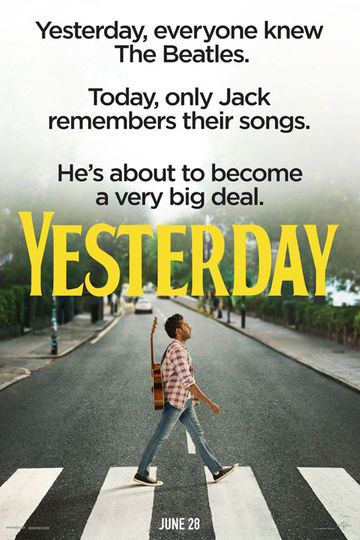
Yesterday












